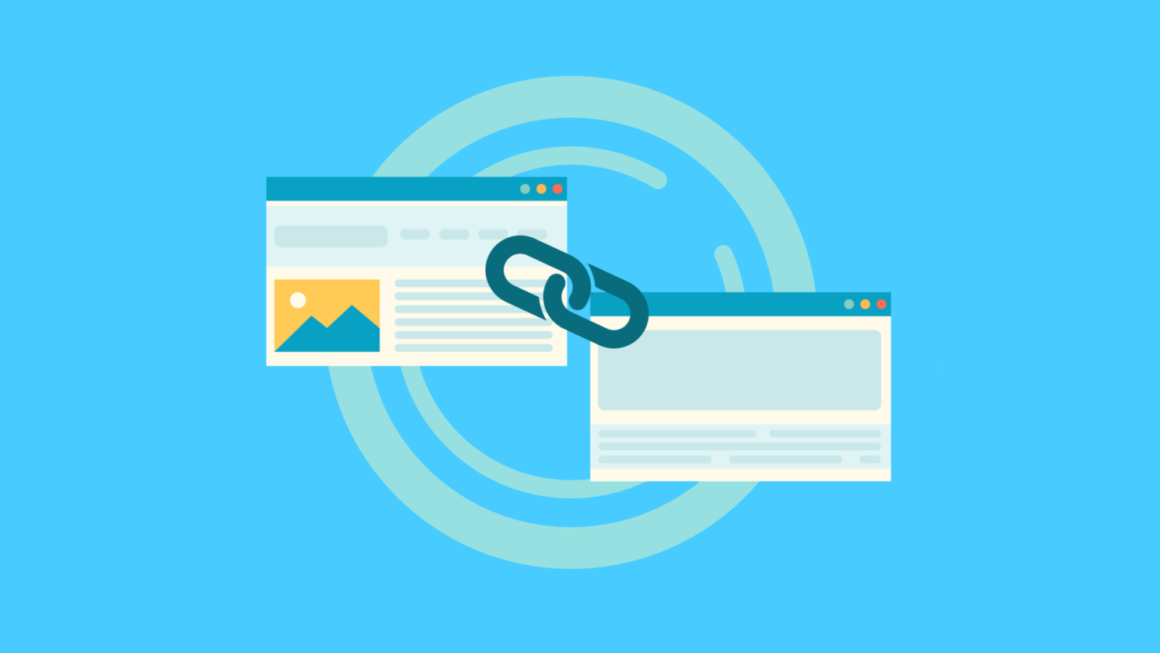For many, the world of automobiles seems complicated and labyrinthine. Amid terms like torque, horsepower, and fuel efficiency, one term stands above the rest in its importance but is often misunderstood—VIN, or Vehicle Identification Number. This article aims to demystify the automotive world by offering you an ultimate guide to VIN Lookup. Read on to understand what it is, why it’s important, and how to make it work for you.
A Vehicle Identification Number (VIN) is a 17-character alphanumeric code assigned to every vehicle manufactured since 1981. Think of it as a car’s fingerprint, containing information about the manufacturer, place and year of production, engine type, and much more.
The Importance of VIN Lookup
Essential for Used Car Buyers
- Transparency: Gain a clear understanding of the car’s history, from accident reports to service records.
- Avoiding Scams: Validate information provided by the seller to avoid becoming a victim of fraud.
Beneficial for Current Car Owners
- Recalls and Service: Stay up-to-date on any recalls or required maintenance tasks.
- Resale Value: A well-documented vehicle history can significantly boost your car’s resale value.
How to Perform a VIN Lookup
- Locate the VIN: Typically found on the dashboard near the windshield, inside the driver’s door jamb, or in the vehicle registration document.
- Choose a Reliable Service: Websites like Carfax, AutoCheck, and government databases offer detailed VIN Lookup services.
- Interpret the Report: Learn to read the different sections of the report to gain insights into various aspects like manufacturing details, previous ownership, and accident history.
Detailed Information You Can Expect
- Ownership Timeline: From the first owner to the last, know the entire history.
- Mileage Records: Ensure the odometer reading is accurate and hasn’t been tampered with.
- Accident and Damage Reports: From fender benders to serious accidents, find out what the car has been through.
- Title Status: Verify if the title is clean, salvaged, or rebuilt, which can significantly affect the vehicle’s worth.
Advanced Uses of VIN Lookup
- Insurance Claims: Some insurance companies require a VIN report before underwriting or renewing a policy.
- Legalities: In cases of theft or disputes, a VIN report can serve as an essential document for legal proceedings.
Frequently Asked Questions About VIN Lookup
- Is it Free? Some sources offer basic information for free, while comprehensive reports usually come at a cost.
- How Accurate is it? Accuracy depends on the timeliness and completeness of the data sources that contribute to the VIN report.
- Can I Trust Online Services? Reputable platforms go to great lengths to ensure the reliability of the information they provide.
Conclusion
Understanding VIN Lookup is like possessing the decoder ring to the world of automobiles. It offers you an invaluable layer of transparency and confidence, whether you’re in the market for a new car or maintaining your current ride. Demystifying the automotive world is indeed possible with the ultimate guide to VIN Lookup at your fingertips.


